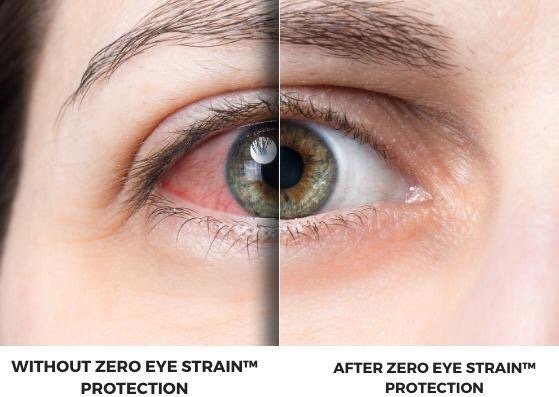Summer is a great time to enjoy the outdoors, but it’s also important to protect yourself from the sun and heat. Exposure to high temperatures and UV rays can lead to dehydration, sunburn, and even heat stroke. Here are some tips to help you stay safe and healthy during the summer months.
1. Wear sunscreen: Sunscreen is essential to protect your skin from harmful UV rays. Choose a broad-spectrum sunscreen with an SPF of at least 30, and apply it generously to all exposed areas of your skin. Reapply every two hours, or more often if you’re swimming or sweating.
2. Cover up: Wearing protective clothing, such as a long-sleeved shirt, hat, and sunglasses, can help reduce your exposure to the sun. Light-colored and loose-fitting clothing can also help keep you cool in the heat.
3. Stay hydrated: Drink plenty of water and other fluids throughout the day to stay hydrated. Avoid drinks that contain caffeine or alcohol, as these can dehydrate you. If you’re spending time outdoors, bring a water bottle with you and refill it often.
4. Take breaks: If you start to feel too hot or tired, take a break in a cool, shaded area. Avoid being outside during the hottest part of the day, typically between 11 am and 3 pm.
5. Know the signs of heat stroke: Heat stroke is a serious condition that can be life-threatening. Symptoms include a high body temperature, confusion, headache, and nausea. If you or someone you know shows signs of heat stroke, seek medical attention immediately.
6. Be mindful of the air quality: In some areas, air pollution can worsen during the summer months. Check the air quality forecast and avoid spending time outdoors on days when the air quality is poor.
By following these simple tips, you can enjoy all that summer has to offer while staying safe and healthy. Remember to always protect yourself from the sun and heat, and stay hydrated throughout the day. With a little bit of preparation, you can make the most of your summer without putting your health at risk.
How to protect yourself in summer





